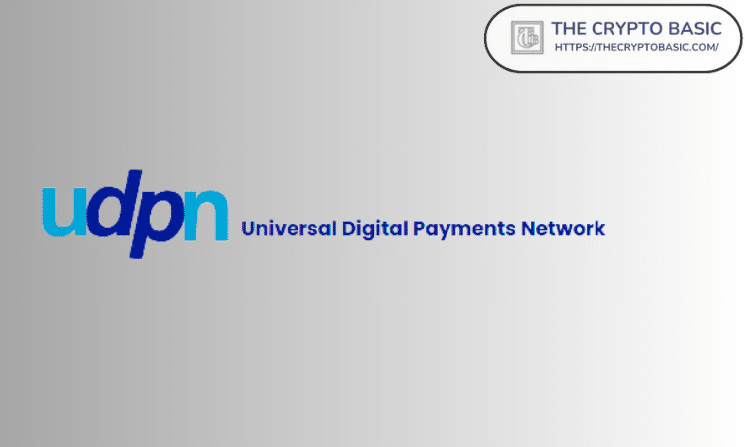Major banks are rushing to adopt blockchain’s main use case, while Standard Chartered and Deutsche Bank are the latest to test stablecoin payments.
Stablecoins are perhaps one of the most important use cases for blockchain technology, with a combined market capitalization of more than 100 billion dollars. The world’s largest banks recognize the opportunities embedded in stablecoins and have been eager to adopt the technology.
On Monday, SC Ventures, the development arm of banking giant Standard Chartered and Germany’s Deutsche Bank, announced the completion of a stablecoin payments trial. The banks conducted the proof of concept (PoC) using the Universal Digital Payments Network (UDPN).
Unlike public blockchains, the UDPN is a messaging network that enables the exchange of central bank digital currencies (CBDCs) and regulated stablecoins. The goal is to enable interoperability between the numerous existing stablecoins and more closed-end digital currencies such as CBDCs or bank-issued deposit tokens.
Like SWIFT in traditional banking, UDPN also uses messages to communicate between banks. However, it combines messaging with the transaction functionality on the blockchain to enable asset transfers.
For the recently completed pilot, the banks performed multiple real-time transfers and swaps using synthetic versions of Circle’s USDC stablecoin and EURS (Stasis Euro stablecoin). On one side of the transactions, SC Ventures used code that leveraged native UNDP technology, such as APIs and SDKs. Deutsche Bank, in turn, used a graphical user interface, which provided a more user-friendly experience.
Meanwhile, the transfers were made between the wallets of the respective banks. The purpose of the PoC trial was to demonstrate how traditional banks can deploy publicly used stablecoins on UNDP.
Banks are racing towards the adoption of stablecoins
The successful PoC trial between Standard Chartered and Deutsche Bank marks the latest in a growing trend among banks traditional banks that want to respond to this stablecoin payments. In June, Japanese banking giant MUFG announced that it was in discussions with issuers rolling out global stablecoins on its Progmat network.
The French Central Bank and regions such as Norway, Sweden and Israel have all pioneered some form of digital currency payment solutions. The general consensus is that these blockchain-based solutions enable faster and cheaper settlements and can significantly improve traditional payment systems.

